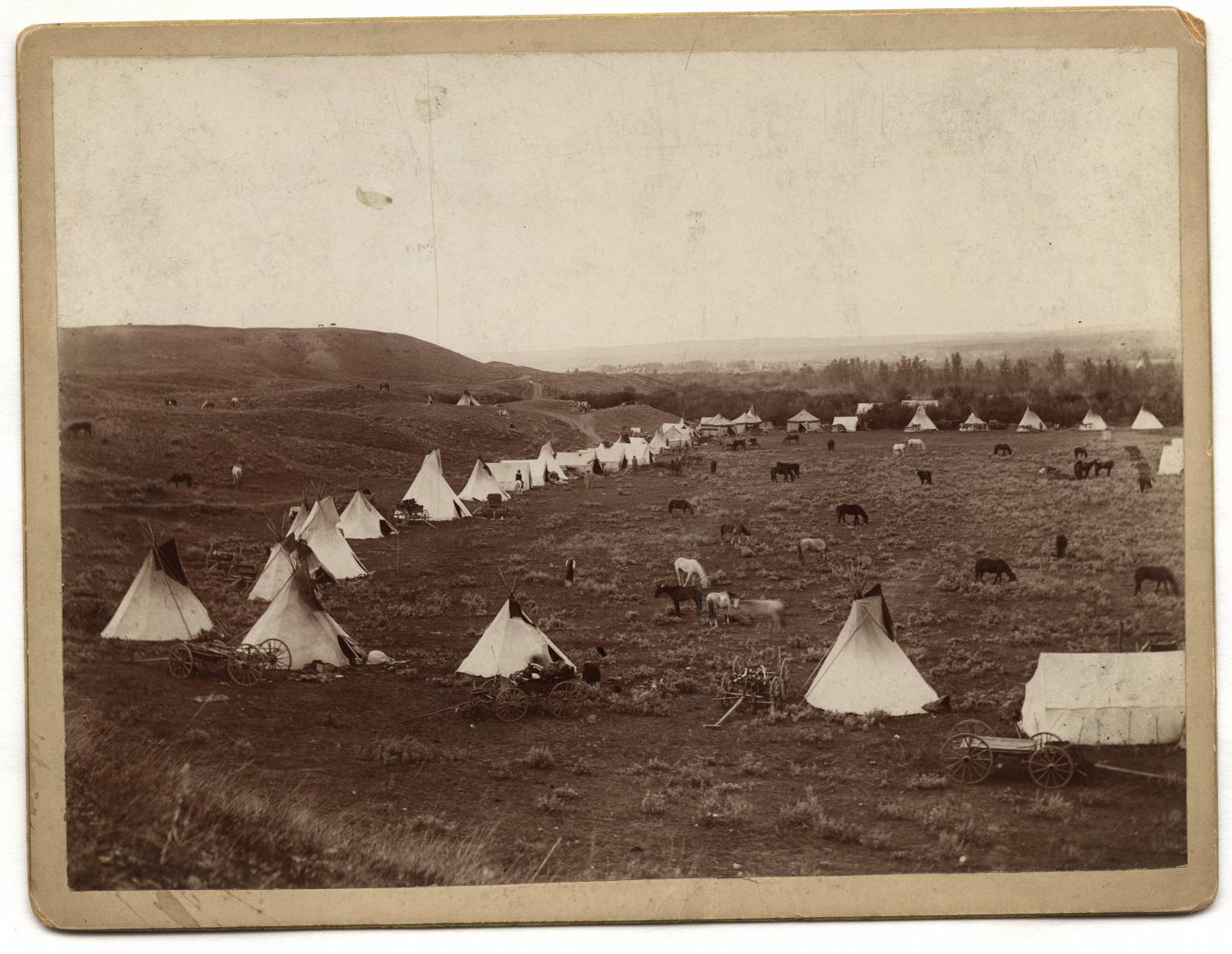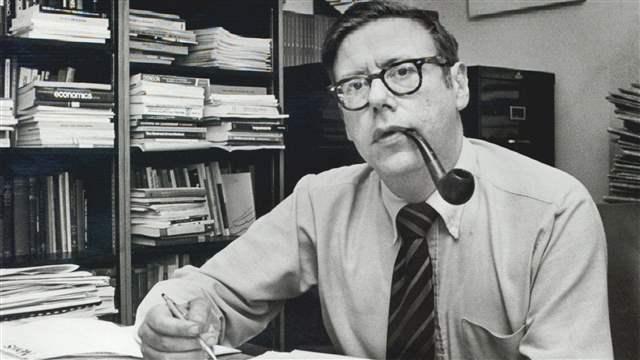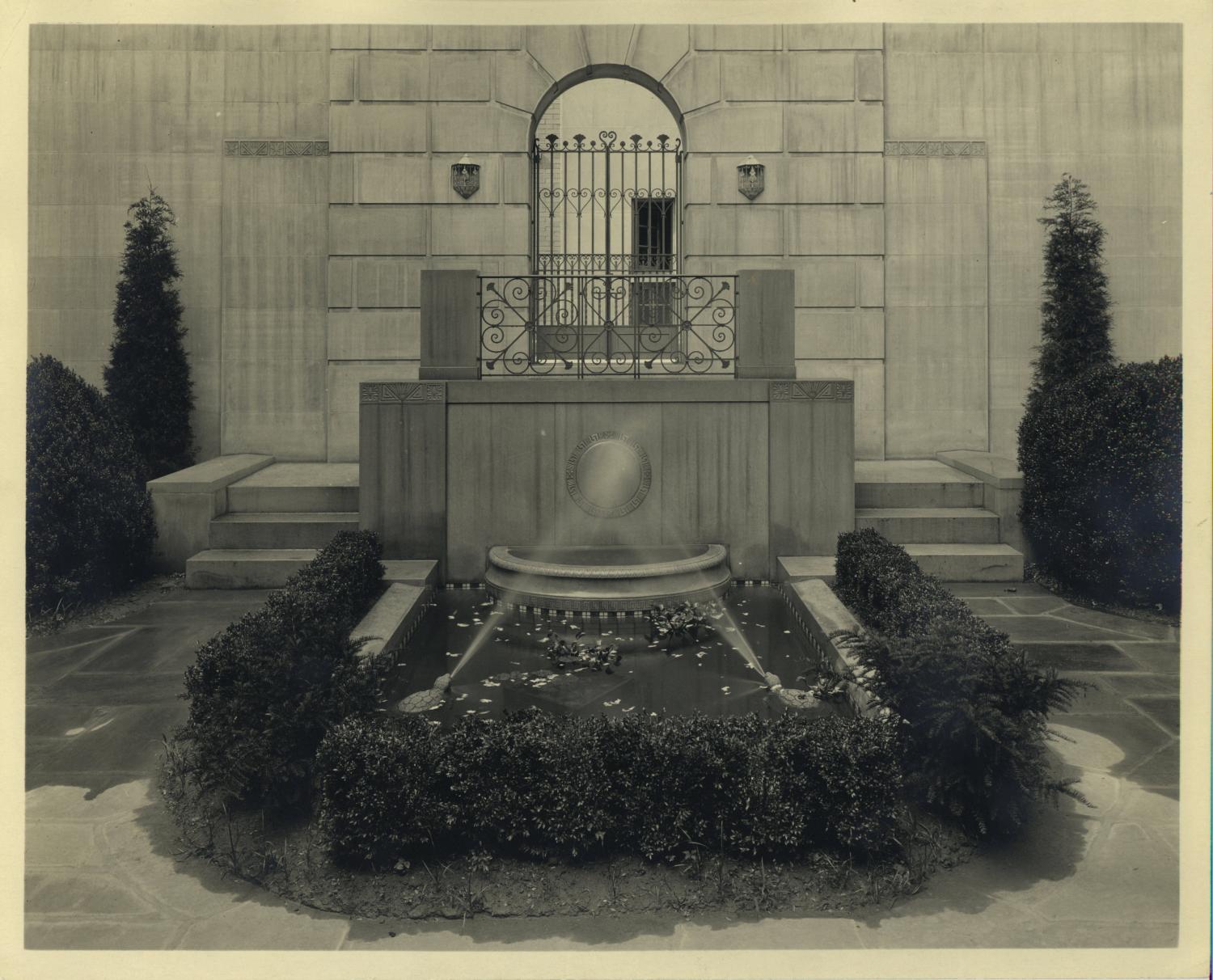Happy 100th Birthday, Brookings Institution. A century young!
When Brookings was born on October 1, 1916, the Woodrow Wilson administration wasn’t halfway over; America was just starting to assert itself on the global stage; U.S. government spending was about 2 percent the size it is today; the U.S. population was less than a third of what it would be a century later; and there were nearly 6 billion fewer humans on the planet.
Over the last 100 years, Brookings has grown in many ways with the nation and the world to meet the challenges of the times. Today, we have positioned ourselves to continue that work by implementing a new strategic plan that we call Brookings 2.0 that lays the way forward for this bold Institution.
Aristotle opined that the whole is greater than the sum of its parts. Whether that’s literally true or not, the individual scholars who constitute the most essential parts of this organization form a whole body of experts that have greatly informed and shaped the search for policy solutions during 17 presidential administrations; have expanded their focus from the budget and administration of the U.S. federal government to an incredible range of local, national, and international concerns; and have always anticipated the policy challenges just over the horizon.
The original and enduring mission throughout this century has been to improve governance, and that ideal is evident from the Institution’s founding to the present.

Brookings’s founders were a group of educators, businessmen, lawyers, and financiers, who, deeply imbued with the spirit of the Progressive Era, aspired to create an institution that would conduct “studies in governmental administration, principally methodology and standards of practices.” Nonpartisanship was baked into the new organization’s DNA, as its goal was to “obtain facts, not to enter into any political propaganda.”
It was fitting, then that the first research product that came out of the new organization (then known as the Institute for Government Research [IGR]) was a study on the U.S. federal budget, “A National Budget System: The Most Important of all Governmental Reconstruction Measures.” In testimony to a select committee on the budget of the U.S. House of Representatives (9/22/19), Director William Willoughby described IGR as:
an organization created by a number of public spirited men who believed that it was desirable that there should be somebody whose duty it was, as a nonpartisan independent institution, to submit the problem of public administration, and particularly those of the National Government, to scientific study for the purpose of making know those principles, practices, and conditions which they believed would, it followed, lead to a more efficient and economic conduct of public affairs.
Brookings was among the first of its kind, a collection of citizens focused on improving the efficiency of government and “advancing the science of administration.” The leading member of the founding trustees, Robert S. Brookings—a Maryland-born entrepreneur, businessman, and philanthropist who rose to wealth and success in St. Louis—was appointed by President Wilson in 1917 to the War Industries Board to coordinate the purchase of military supplies for the expanding U.S. role in World War I. When the IGR and its sister organizations—the Institute of Economics, formed in 1922, and the Robert Brookings Graduate School of Economics and Government, formed in 1923—merged in 1927, the new organization became the Brookings Institution.
Director Willoughby’s work on the national budget system led to the crafting and passage of the Budget and Accounting Act of 1921, which President Harding called “the beginning of the greatest reform in governmental practices since the beginning of the republic.”
Numerous additional studies, as they were called then, followed. Scholars undertook a comprehensive survey of the condition of Native Americans, resulting in a 1928 report that helped catalyze significant reforms in the administration of Indian affairs. They analyzed New Deal programs in the 1930s. They recommended policies on World War II-era price controls, German and U.S. manpower requirements, and preventing Germany and Japan from rearming after the war. And in 1948, at the request of the chairman of the Senate Foreign Relations Committee, they played a pivotal role in the development of the European Recovery Program, better known as the Marshall Plan.
As the nation and the world transformed in the decades after World War II, the scope of Brookings scholarship expanded, too. Studies on Social Security, the United Nations, the national debt ceiling, the presidential transition, Vietnam’s economy, and economic integration in Latin America came along in due course.
Brookings entered the computer age in 1966; studied challenges wrought by the Cold War and increasing U.S. deficits; and launched influential papers on economic activity and setting national priorities.
Brookings scholars have always looked ahead, have always grappled with the tough challenges of the day and anticipated those yet to come. That’s evident when, in 1975, Brookings published economist Arthur Okun’s “Equality and Efficiency”—a book that explored “the big tradeoff” between society’s desire to reduce inequality and the risk of impairing economic efficiency, and which remains one of the Institution’s top sellers to this day. When, in 1980, scholars began publishing “Vital Statistics on Congress,” detailing the election and composition of its membership, party structure, and staff, and which was published online only three years ago. When, during the Reagan administration, experts published research that helped inform the Tax Reform Act of 1986, a major bill that had a profound impact on the U.S. economy. When, in the 1990s, Brookings found a home on the internet, launched studies in metropolitan policy, and called attention to the continuing problem of internally displaced people.
In just the last 15 years, Brookings scholars have proffered analysis and ideas on a diverse range of issues, including: extending the child tax credit to more lower- and middle-income families; homeland security and intelligence operations in the wake of 9/11; retirement saving and retirement security; military operations in Iraq and Afghanistan; “bending” the health care cost curve; pricing carbon; recovery from the Great Recession; sustainable development; girls’ education globally; and challenges and opportunities in the Middle East, Asia, Latin America, Africa, and, well, globally.
Brookings has grown considerably over this century. Its first office was in a red brick building near Lafayette Square in Washington, DC, near the White House, with a total staff of 13. Soon thereafter the organization moved to a larger home on Jackson Place, even closer to the president’s house. And for the last 56 years, Brookings has been situated on Massachusetts Avenue, first in one and a quarter buildings, but now in all or parts of four. And with offices in New Delhi, India, Doha, Qatar, and Beijing, China, the staff tops 500, all of whom are fortunate to be part of such of an exciting mission.

As Brookings embarks on its second century, it’s time once again to look ahead. As it was in 1916, Brookings’s enduring mission is to improve governance as it provides a home for scholars who have the breadth and depth of expertise and experience to tackle the most complicated political, economic, and security challenges the world has to offer.
Happy birthday, Brookings Institution, and best wishes.
The Brookings Institution is committed to quality, independence, and impact.
We are supported by a diverse array of funders. In line with our values and policies, each Brookings publication represents the sole views of its author(s).






Commentary
Happy birthday, Brookings Institution!
September 30, 2016